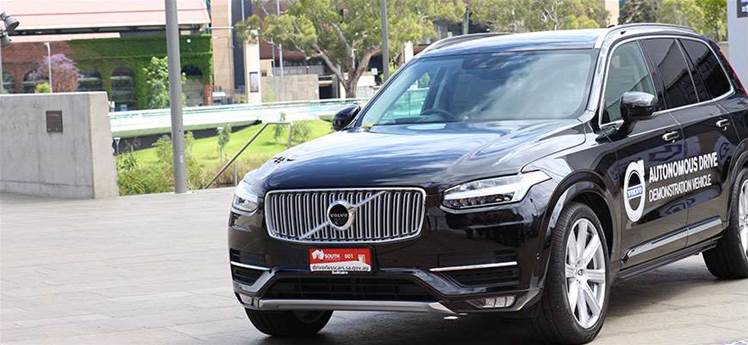The Obama administration is considering seeking power to review and approve technology for self-driving cars before they hit the road, in an effort to create a uniform national approach to autonomous vehicle regulation.

As a first step, the US Transportation Department, in its most comprehensive statement yet on autonomous vehicles, has issued a set of voluntary guidelines and urged automakers to certify that their highly automated vehicles are ready for public roads.
The guidelines ask that all autonomous vehicles are fitted with recording mechanisms - similar to the black boxes fitted in passenger aircraft - that preserve the details of any incident where there is a driver or passenger fatality, injury, or when a vehicle involved has to be towed.
"For crash reconstruction purposes (including during testing), this data should be stored, maintained, and readily available for retrieval by the entity itself and by [National Highway Traffic Safety Administration]," cautions the policy proposal.
"This data should also contain information relating to the status of the HAV (highly automated vehicle) system and if the HAV system or the human driver was in control of the vehicle at the time. Manufacturers or other entities should have the technical and legal capability to share the relevant recorded information."
President Barack Obama himself penned an op-ed calling for more control over driverless car technology.
"If a self-driving car isn't safe, we have the authority to pull it off the road. We won't hesitate to protect the American public's safety," he wrote in the Pittsburgh Post-Gazette on Monday.
"We have to get it right."
Obama said the administration is asking automakers "to sign a 15-point safety checklist showing not just the government, but every interested American, how they’re doing it."
The guidelines also include testing and backup systems in the case of a self-driving computer failure.
Companies would also have to demonstrate how vehicles would comply with all traffic laws and fare in traffic crashes and how they would perform after a crash.
The government currently allows automakers to self-certify that vehicles comply with safety standards.
US Transportation Secretary Anthony Foxx said on a conference call with reporters that the new policy doesn't amount to veto powers, and a new pre-market approval system overseen by the government "would require a lot more upfront discussion, dialogue and staffing on our part".
The National Highway Traffic Safety Administration has been investigating Tesla's autopilot system since June following a fatal crash in Florida when the system was in use.
The autopilot system, which allows drivers to keep their hands off the wheels for extended periods, did not require any pre-approval by the agency for use by owners.
The federal government hopes it can get a uniform national approach in place before the legal void is filled state-by-state.
The Self-Driving Coalition for Safer Streets, whose members include Google, Ford and ride-hailing service Uber, said in a statement they hoped policymakers could develop a framework that avoids a "patchwork of requirements that could inhibit self-driving vehicle development."
Gloria Bergquist, a spokeswoman for the Alliance of Automobile Manufacturers, a trade group representing major automakers, said in a statement that the government's goal should be to "avoid policies that become outdated and inadvertently limit progress in reducing the number of crashes and saving lives."


_(23).jpg&h=140&w=231&c=1&s=0)

_(28).jpg&h=140&w=231&c=1&s=0)






 iTnews Benchmark Awards 2026
iTnews Benchmark Awards 2026
 iTnews Executive Retreat - Security Leaders Edition
iTnews Executive Retreat - Security Leaders Edition
 iTnews Cloud Covered Breakfast Summit
iTnews Cloud Covered Breakfast Summit
 The 2026 iAwards
The 2026 iAwards












_(1).jpg&h=140&w=231&c=1&s=0)



